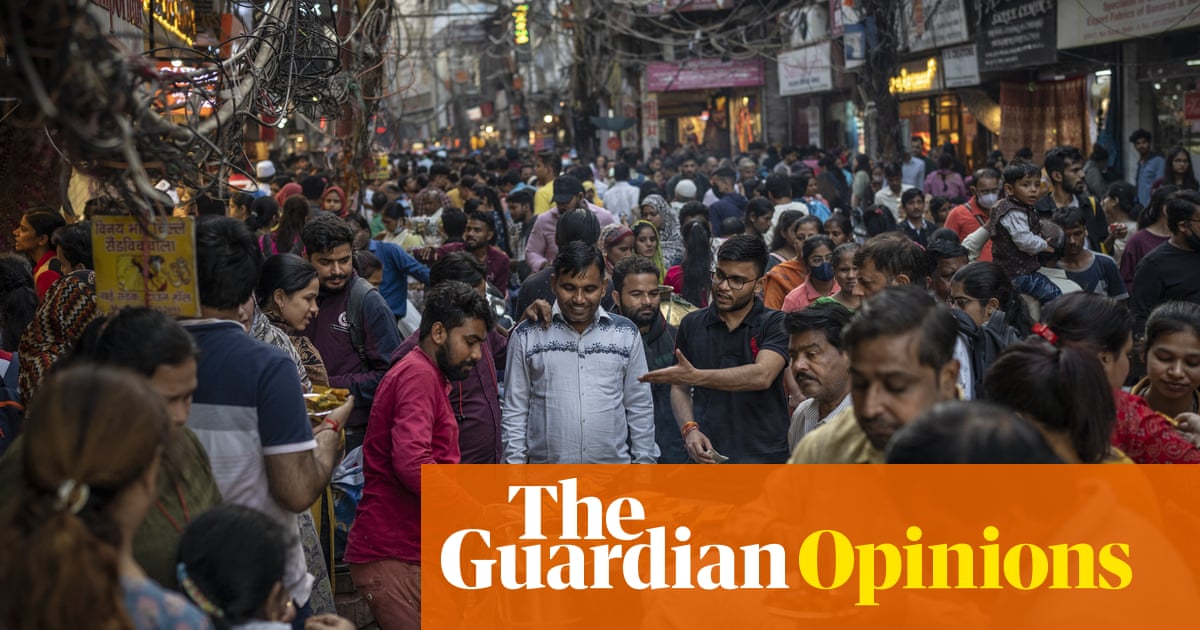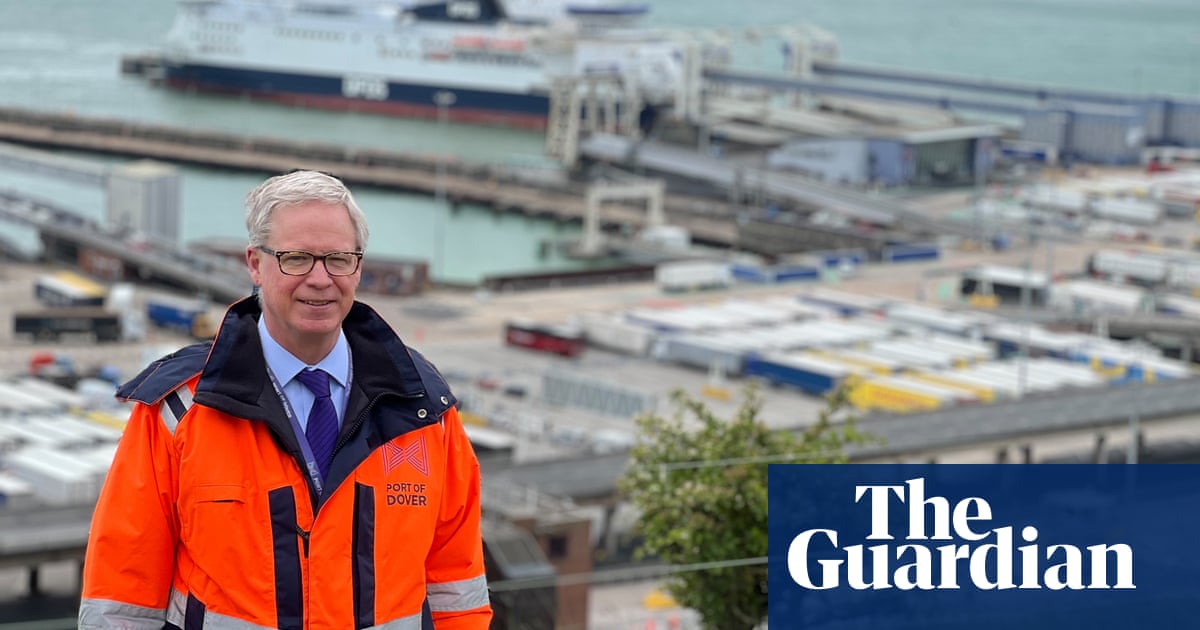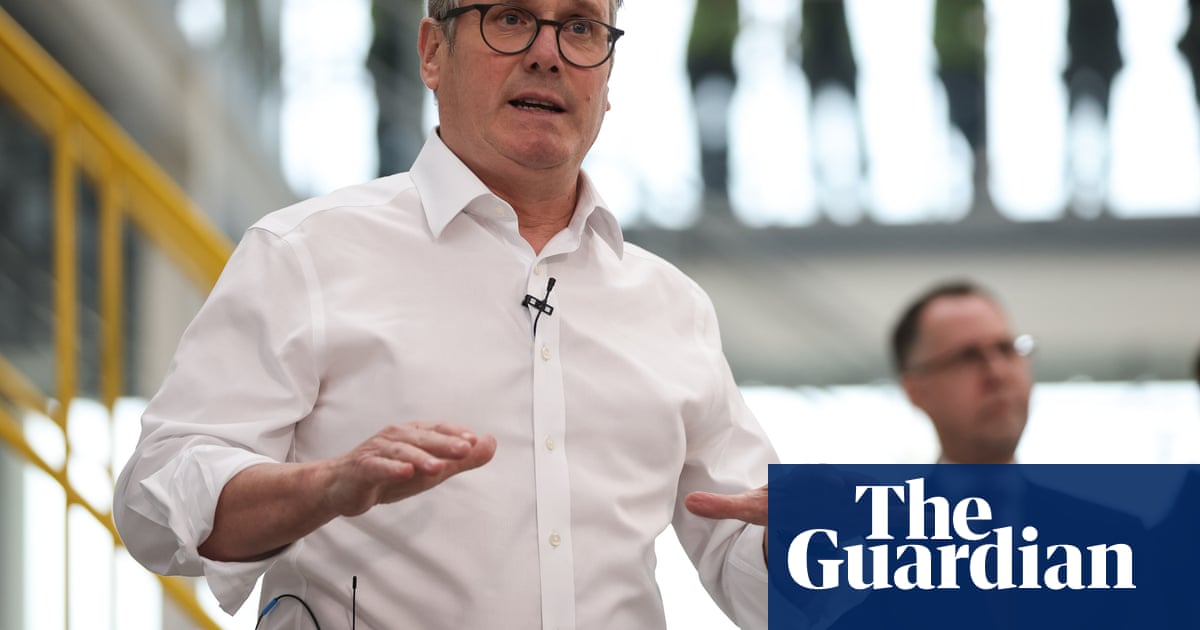If Nigel Farage has a secret weapon, it is his seeming refusal to take things seriously.
His habit of repairing to the pub at any opportunity – though in private, he’s said to barely drink now – and the cheerfully unabashed amateurishness of his operation have long made other politicians look stuffy by comparison. But the chaos is also, as it was for Boris Johnson, a means of defence.
Since he makes zero pretence of professionalism, it’s somehow less expected of him, enabling him to slip past the standards applied to others. Rival parties often avoid attacking him, for fear of reminding voters he exists. Even now Reform UK has opened a substantial poll lead over Labour, treating this ramshackle outfit as a potential party of government still feels faintly ridiculous. Prime Minister Farage? Are you serious? But he is. And it’s time the country was too.
The Farage who parked his tanks on Labour’s lawn this week, promising to scrap the two-child limit on some benefits and restore pensioners’ winter fuel payment, was familiar in many ways yet somehow sharper round the edges. Imagine a picture, clicking into focus. His critique of a prime minister lacking “any great feeling, meaning or passion for the job” was laser-targeted on Labour supporters increasingly confused about what Keir Starmer actually stands for. No wonder Starmer was stung into responding, denouncing his wildly unfunded promises of free money as “Liz Truss all over again”. But they won’t really mind that at Reform HQ: to be attacked that directly helps entrench the idea that their tiny motley crew, not the Tories, is the opposition now.
Farage is by far the most experienced party leader in British politics, and not coincidentally the boldest. He doesn’t need focus groups to tell him what “his” people think – he knows exactly who they are, what they want, who they hate – and the long slow march to Brexit taught him that over time they can warm to ideas they’d once have rejected. So where Labour seems to live anxiously within the limits of what the public will currently accept, he’s one step ahead, thinking about how far they could be persuaded to go.
When Starmer hesitated over scrapping a two-child cap that remains popular with the public, Farage didn’t. Since he’s not in government, the £3.5bn price tag isn’t his problem, and by embracing the idea he can take the credit with parents if it happens while leaving Labour to foot the bill. Meanwhile he’s gambling that Reform voters would trade a bigger welfare bill for the prospect of families being encouraged to have more children, thus reducing the need for immigration. You can loathe everything about that logic and still wonder why Labour can’t seem to find popular (though in a more benign sense) ways to sell contentious ideas. Might it ultimately take a dash of leftwing populism to beat the rightwing kind? (Apparently, in focus groups the one left politician who seemingly excites Reform voters is Bernie Sanders, raging against an economy he considers rigged against the working classes.)
But for all its strengths, that Farage speech also exposed the weaknesses of a party on an impossibly steep learning curve. Reform’s predecessors were one-issue parties, designed to force bigger parties to act but not to run things themselves. There is a vast chasm between that and providing a full-spectrum opposition-into-government service via just five novice MPs and a back office operation with no real policy expertise.
He’ll make mistakes, get things wrong. In Tuesday’s speech, the normally blokeish Farage pitched hard for conservative women’s votes, talking about ways of making life easier for new parents. But vague, old-fashioned musings about creches in the workplace are a giveaway that he isn’t talking to anyone who actually understands how modern childcare works, and Reform is similarly vague about a vast swathe of issues on which a credible opposition needs to know its onions.
Look at its manifesto. No, really: look at it, because it was apparently written on the assumption nobody would. Their 2029 prospectus will surely be slicker, but for now this document drafted on the back of a metaphorical fag packet for the 2024 snap election is Reform’s only available vision for government.
Obviously the maths is bonkers: a staggering £90bn of tax cuts, the Institute for Fiscal Studies reckoned – abolishing inheritance tax, slashing business taxes, “simplifying” others – plus £50bn of extra spending, implausibly funded by binning net zero (though that’s mainly private sector investment, not taxpayers’ money), abolishing “waste” and various other cuts that don’t add up. Liz Truss again, but on steroids.
The rest is a combination of wildly sweeping promises – completely eradicating NHS waiting lists for the first time in the NHS’s history, or simply returning all small boat arrivals to France with no obvious thought for how the French might respond – and weirdly specific micro-policies, including a public inquiry on vaccine harms presumably added to mollify anti-vaxxers, and a bizarre rule that any school lesson on British or European slavery be matched with one on non-European use of slavery.
As the former Conservative special adviser Sam Freedman points out on his Substack, it also implies a government worryingly averse to challenge. Reform would scrap the BBC licence fee, essentially killing public service broadcasting; politicise senior civil service appointments; and leave the European convention on human rights. Few checks and balances would survive a Prime Minister Farage, and the hard lesson from across the Atlantic is that constitutional experts should be thinking urgently now about how to pre-emptively shore them up.
If Trump voters are any guide, many Farage voters are past caring about any of that. They already assume most politicians lie, so they don’t really expect his promises to stack up, and they’re strongly motivated to punish other parties they think have failed them. It’s progressive voters who are potentially most sensitive to messages about the risks of Prime Minister Farage, judging by YouGov’s finding that given a choice between the Reform leader and either Starmer, Ed Davey or Kemi Badenoch, Anyone-but-Farage enters Downing Street every time. Beloved by his own supporters but uniting everyone else’s against him, for now Farage looks more Marine Le Pen than Donald Trump, a populist kept at bay by mass tactical voting for as long as progressives can bury their differences.
But it’s an uncomfortable way to run a democracy: like a political equivalent of lockdown, it’s a means of temporarily quarantining populism rather than a cure, and if maintained for too long it ultimately risks an explosion. Things don’t get more serious than that.
-
Gaby Hinsliff is a Guardian columnist

.png) 1 day ago
6
1 day ago
6

















































